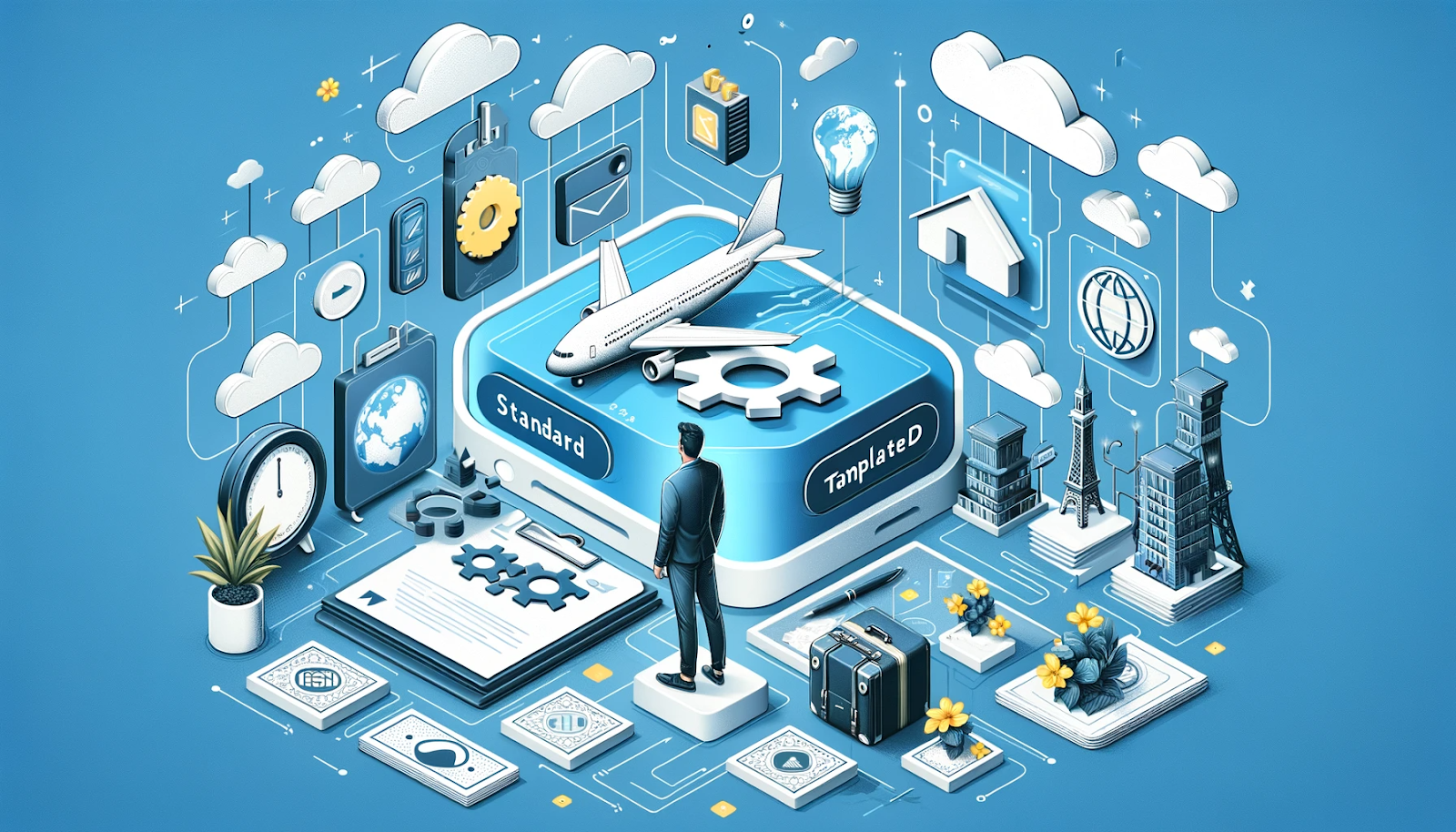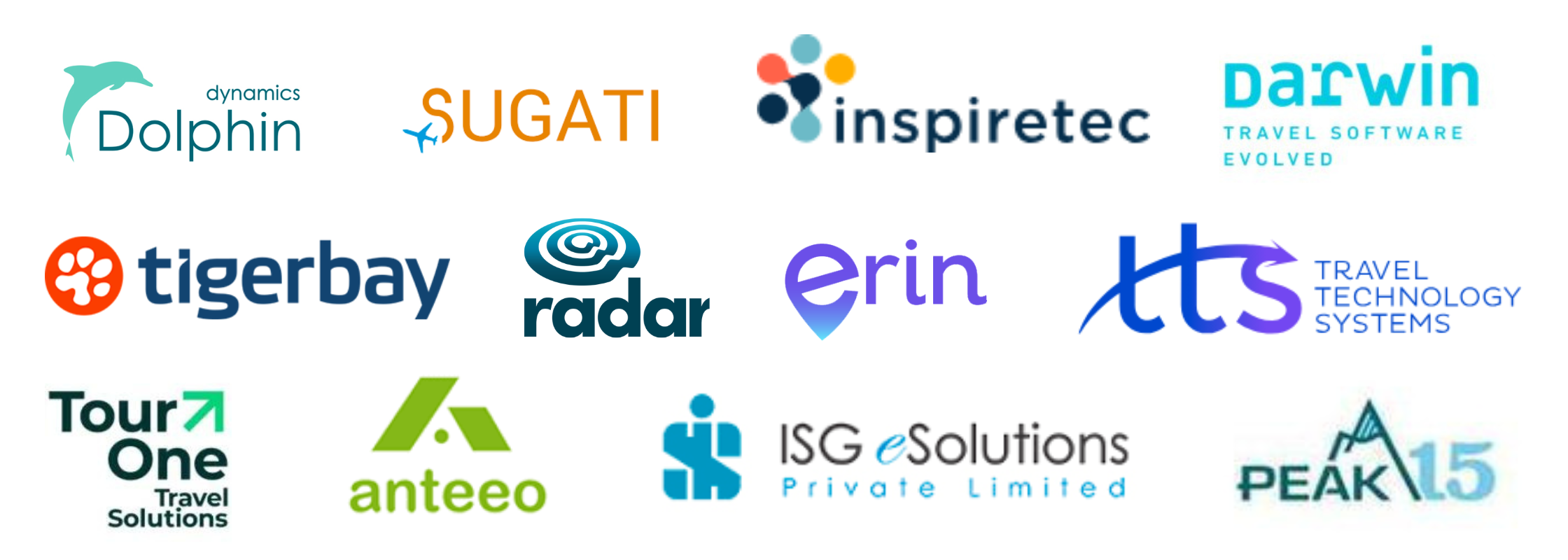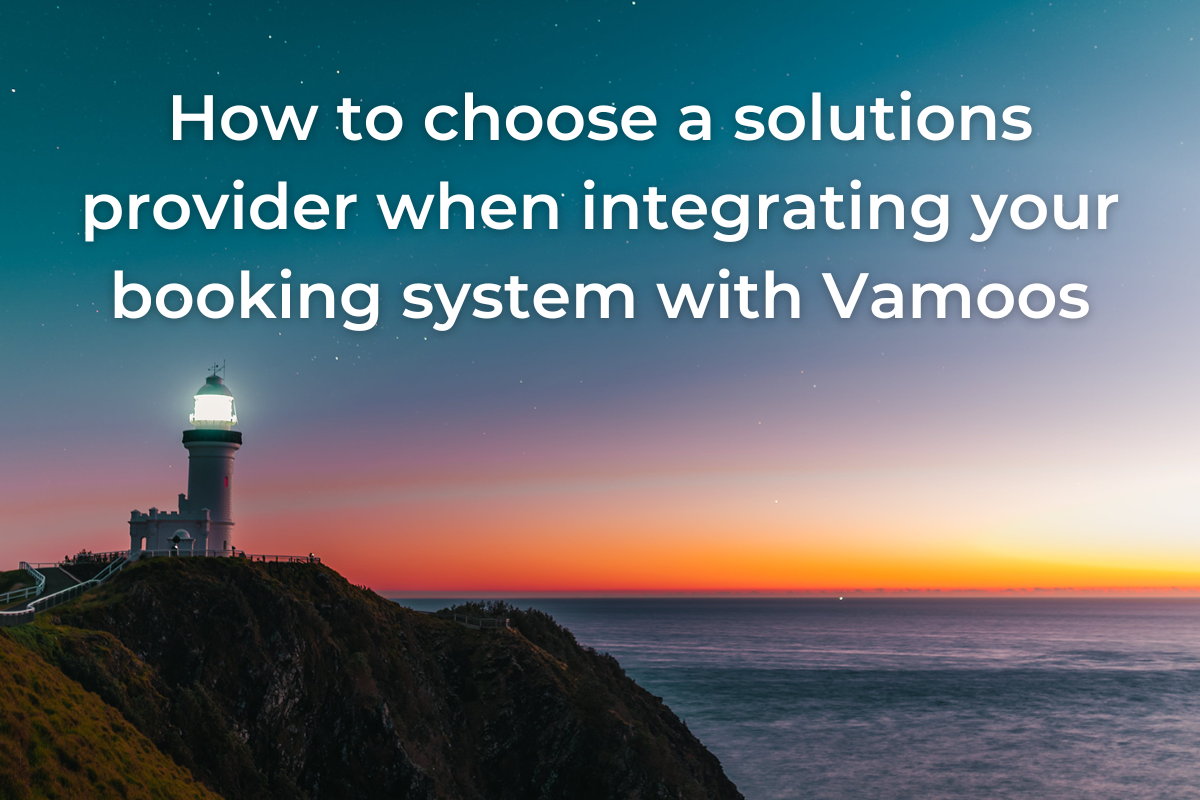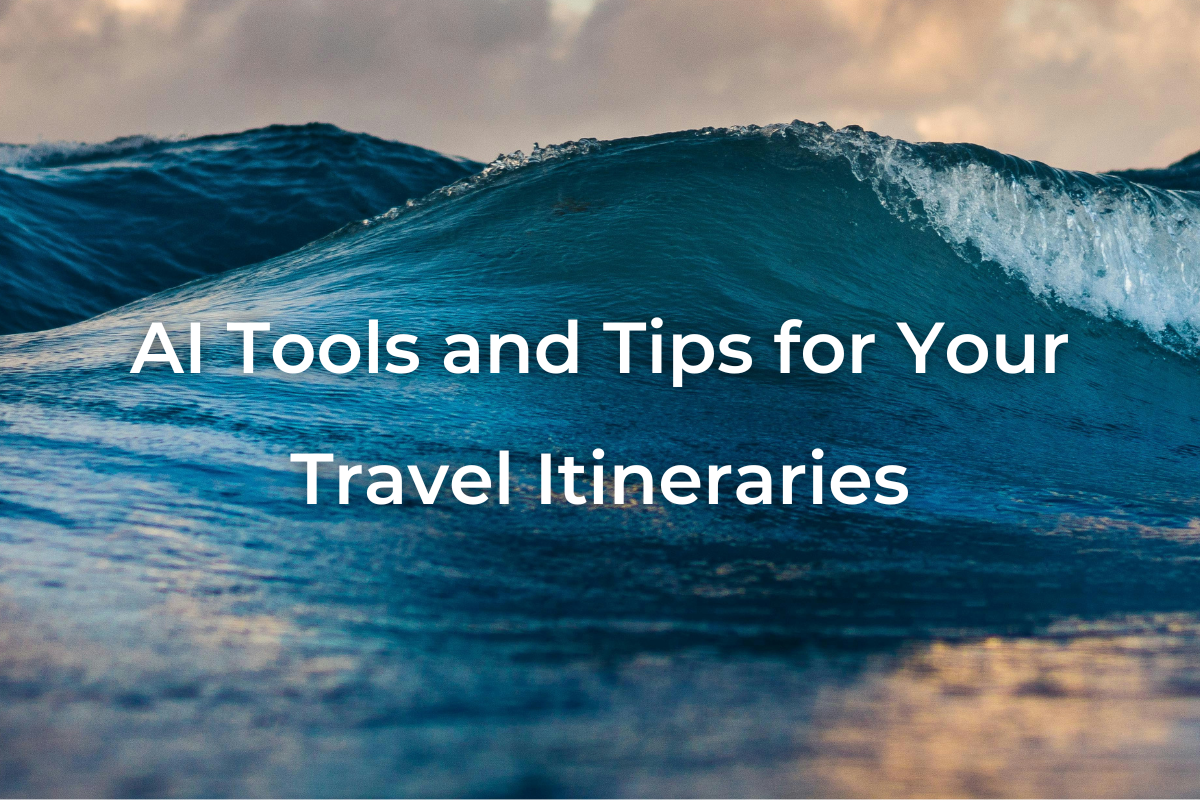
If you’re in the travel marketing world, you’ll have heard the term API before. Perhaps you know integrations could be useful somewhere in your customer’s journey, but the code makes your eyes glaze over. Look no further: here’s an essential guide on the basics of API integrations and which to choose to get your reservation system and travel app talking to each other.
API for travel explainer: think of it like a dictionary
API is a ‘dictionary’, used to define words and languages between systems so that they can communicate. Your app and reservation system each talk in their own language, meaning they can’t define what the other is saying.The API turns your reservation system’s “Bonjour” into your travel app’s “Hello,” ensuring they’re not just nodding but truly getting each other. Confusing? Definitely. That’s why API steps in – to change and transfer the words between each of the systems.
For example, imagine a date. In your reservation system, the date could be encoded as ‘11/19/2023’ but in your app, it’s written as‘19/11/2023’. Without the magic of API translation, this date wouldn’t be able to move smoothly between the reservation and your travel planning app.
When different apps’ languages come into play, we need to understand and translate their language. That’s where the integrator (developer) and integrator code steps in. The integrator could be your in-house employee, someone from the reservation system, or a third party. Their task is to use open API, like a dictionary, to write a piece of code that explains the language to the other app.
Templated API will save you time and money
Standard API is like thorough translators, taking every single detail of your trip and translating it at once. This includes everything from airline data and flight numbers to hotel names and key documents. When you make a change in the reservation system, the Standard API retranslates and sends the entire updated itinerary to your travel app. This approach can become expensive due to initial integration work and regular updates.
On the other hand, Templated API is faster and slicker, using pre-built itinerary templates. Why templates? Because now, you only need to translate the essential data from your reservation system to your app’s itinerary templates. By ‘translating’ less, you’ll save money too – using a Templated API costs a mere fraction of using Standard API. Here’s why:
1. Templated API reduces your time to going live. Shave weeks away from your plans. For every hour you spend on Templated API, you’d need to spend around five hours on Standard API.
2. Templated API is less complex. Developers only need to ‘learn’ a few ‘words’ and ‘phrases’ instead of becoming fluent in the language of your reservation and travel app separately.
3. Standard API costs more money. This type of integration typically requires five times more time to develop, which translates to five times the cost. By opting for a Templated AI, you’re future proofing your business too, as new feature releases will cost less to integrate.
4. Start using best-in-class travel features almost immediately. Most of the time new features mean more work for your integrators. With Templated API new features can become integrated much sooner.
5. Add extra info within the app, lightning fast. Templated API allows you to update information in the app itself, like adding notes for your VIP clients. So, you can get the best of both: the app and reservation system!
Standard vs Templated API: Which one is right for your travel business?
When deciding between Templated and Standard API for your travel business, consider the customization level of your itineraries. For highly personalized, unique trips, a Standard API is ideal as it offers seamless connection between the two systems.
However, even in tailor made trips, itineraries often can be grouped types. Think, honeymoons in Maldives, family adventures in Vietnam, seeing the big five in Kenya. These trips will be personalized but the core of the itineraries very often will be similar. This makes the Templated API the perfect solution.
Templated API simplifies the integration process, allowing for quick, efficient integration and easier maintenance. This makes it an excellent choice for businesses seeking to enhance efficiency and reduce operational costs, while still providing quality service.
And the cherry on top? With a templated API, you don’t need to constantly get your integrator to ‘translate’ new features when they become available.
Our Integration Partners

Dolphin Dynamics specializes in advanced travel technology with a strong emphasis on booking, management, and custom package solutions, tailored for travel agencies and tour operators looking to optimize operations and boost efficiency. Read more here.
Sugati Travel CRM is the go-to cloud-based solution for travel agencies and tour operators, streamlining customer relationship management with a focus on enhancing user experience and simplifying itinerary management.
Inspiretec is a powerhouse in travel technology solutions, delivering an integrated suite of services including a robust CRM, intuitive booking systems, and strategic digital marketing tools to drive growth and improve customer engagement.
Darwin Travel Software provides evolutionary travel management solutions with a focus on intelligent and adaptive technology, designed to streamline travel planning and enhance operational processes for travel businesses.
TigerBay offers a dynamic end-to-end travel technology platform, perfect for specialist tour operators seeking to manage their travel products with flexibility, efficiency, and scalability.
Marketing Radar leads in marketing automation for the travel sector, offering tools for comprehensive campaign management, enriched customer insights, and targeted marketing strategies to maximize engagement.
Erin Travel Tech presents forward-thinking software solutions for the travel industry, emphasizing user-friendly interfaces and comprehensive integration capabilities to boost efficiency and customer service.
TTS (Travel Technology Systems) is renowned for delivering sophisticated automation software for travel agencies, focusing on streamlining booking processes and enhancing the productivity of travel agents.
TourOne Travel Solutions provides specialized software for tour operators, offering robust tools for managing bookings, detailed itineraries, and customer relationships with ease and precision.
Anteeo stands out in travel technology with its comprehensive and scalable solutions, focusing on travel management and efficient booking systems designed to adapt to the evolving needs of modern travel businesses.
Peak 15 Systems delivers top-notch travel management software, designed to simplify the complexities of itinerary planning, customer management, and operational workflow for travel agencies and tour operators.
Why Vamoos Tech support is best in class
Comprehensive and well structured API documentation: Designed for ease of use, our API documentation guides you seamlessly through integration, ensuring you have all the information you need, presented in a clear and accessible way. In addition, we keep adding more articles and guides to make your integration journey easier and more pleasant.
Dedicated account manager: At Vamoos, you’re not just a client; you’re a partner. Your dedicated account manager is committed to providing solution-oriented answers, ensuring any issues are addressed with effective, practical solutions. And when time is of the essence, count on us for responses within hours, not days. We’re here to ensure you’re never left in the dark.
Because at Vamoos, it’s always about you and your client experience. Always.
Featured Articles

How to choose a solutions provider when integrating your booking system with Vamoos
May 1, 2024 by adminThere are so many factors to consider when choosing an integrator for your travel business. What type of clients are their solutions tailored towards? Which features do they integrate with on the Vamoos app? Are they specialists in a particular type of software? To make things easier, we’re introducing you to our integration partners, and sharing what makes them stand out.

[WEBINAR] High travel fares, high expectations, high personalisation
April 30, 2024 by adminWe hosted an insightful webinar titled “High travel fares, high expectations, high personalisation,” sponsored by Connections Luxury. This event brought together travel companies from across the industry to focus on the critical role of personalisation in luxury travel. The feedback has highlighted just how vital this topic is for enhancing travel experiences. If you’re keen to understand the future of luxury travel, this was an event not to be missed.

AI Tools and Tips for Itineraries
March 25, 2024 by adminWelcome to a new journey in itinerary creation. In our latest video guide, we’re thrilled to share our hands-on tutorial aimed at revolutionising your approach to creating itineraries with a touch of AI brilliance. Focusing on two standout tools – the Grammarly Pro chrome extension and our very own Vamoos AI image selection tool – Imsert. This tutorial is all about enhancing your content and tailoring unforgettable travel experiences with ease and confidence.
Share: